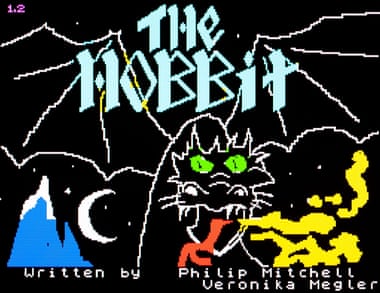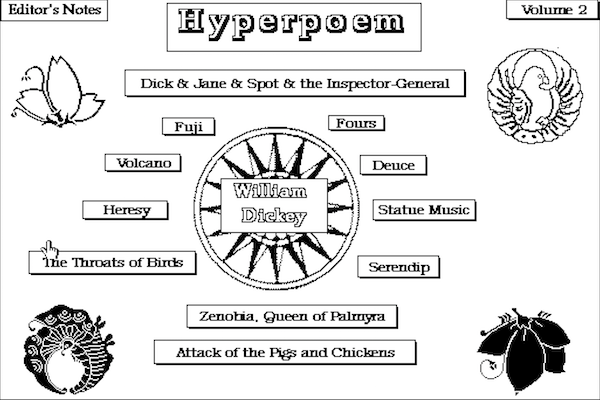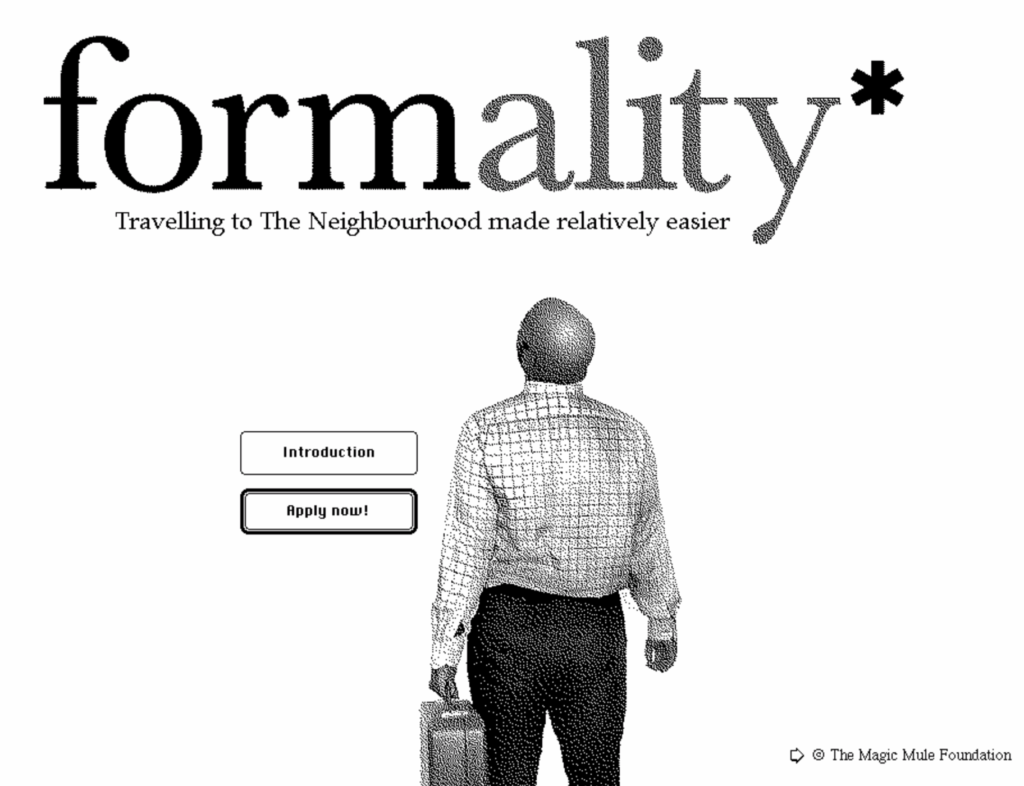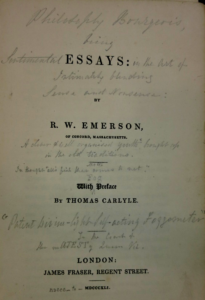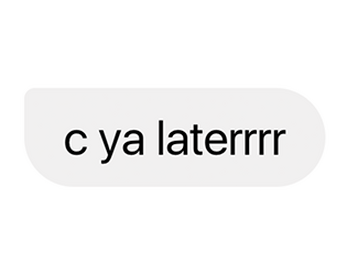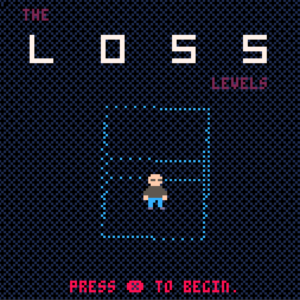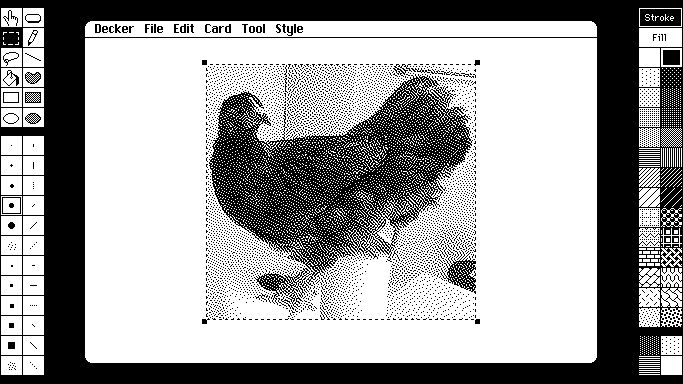
I’m at the CSDH-SCHN conference which is in Montreal. We have relocated to U de Montreal from McGill where Congress is taking place. Jason Boyd gave a paper about the Centre for Digital Humanities at TMU that he directs. He mentioned an authoring environment called Decker that recreates a deck/card based environment similar to what HyperCard was like.
Decker can be used to create visual novels, interactive texts, hypertexts, educational apps, and small games. It has a programming language related to Lua. It has simple graphics tools.
Decker looks really neat and seems to work within a browser as a HTML page. This mean that you can Save As a page and get the development environment locally. All the code and data in a page that can be forked or passed around.
As a lover of HyperCard I am thrilled to see something that replicates its spirit!
